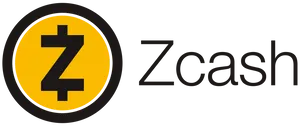NFT trader Laszlo_btc went to swap his Bored Ape #8274 for another Bored Ape after reaching a deal with someone he met on Discord. He opened up Sudoswap to do the swap, but was tricked into trading his pricey NFT for a worthless NFT that was disguised to look like a Bored Ape. This is how Laszlo was scammed out of his first Bored Ape, which he'd only purchased three days prior, for 80 ETH (~$108,000). The scammer quickly flipped the NFT for around 70 ETH (~$92,000).
Realizing he'd been scammed, Laszlo went to revoke the permissions he'd granted in case he'd opened himself up to other thefts. However, instead of using the real permission revocation service Revoke.cash, he ended up using a phishing site: Revokecash.net. Only fifteen minutes after the first theft, six more Bored Apes were transferred out of his wallet.
Altogether, Laszlo had paid over $1.9 million for the collection of seven apes, which he purchased between January and October 2022. The priciest was Bored Ape #2951, which he bought for 173 ETH on May 1 — at the time, $490,000. The two sets of scammers quickly flipped all the NFTs, selling them for a total of $608,000.







